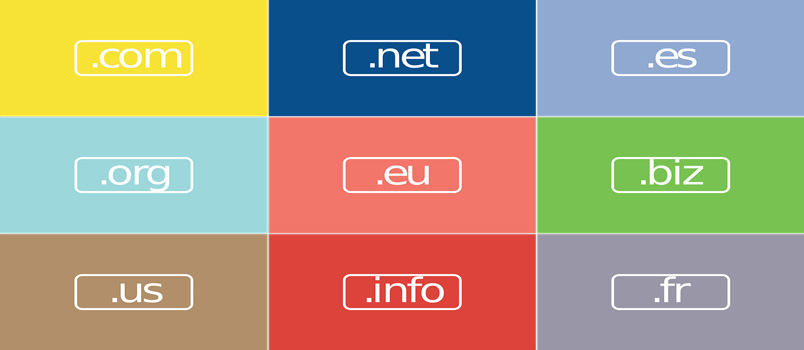In this article, we will give some recommendations, following which you can become a better programmer. For the beginning, let’s make it clear what is meant by a “good programmer.” In general, a good programmer is not one that quickly writes a lot of code (huge amounts of code can be buggy and confusing, and programs are inconvenient for users). Also, it is not one that always writes tasks strictly in accordance with the technical task. A good programmer is one who knows how to correctly set tasks, develop optimal algorithms, and code them well. And if you are just studying programming, make sure to use coding homework help from Assignment Core for those students who need professional assignment assistance.
1. Practice
Knowledge is not a skill. Skill is knowledge plus 10,000 repetitions. Therefore, as in any other business, programming requires constant practice. Participate in various Olympiads, programming competitions, hackathons, and other public events. After hard preparation, you will have even more skills and inner confidence.
Write a lot of programs. Preferably, they should be large. Many of the best practices become apparent only when you encounter common mistakes. You can write many small programs. This may speed up the development of some of your programming skills, but not all.
Also, make changes to programs written by other programmers. Learning an unfamiliar code is a valuable skill. You cannot debug without it. This skill will be difficult to acquire if you always write programs from scratch. Trying to solve a difficult task will help you learn how to create maintainable code. And it will come in handy in working on larger programs. Moreover, you should write less new code and do more testing of what has already been written.
2. Learn Theories And Concepts
It is very important to understand the basic concepts of programming and create a foundation from theoretical knowledge. Do not waste time at university or courses, but use it for 100%. You just need to begin. Pick one programming style and begin by basics. It is better to focus on one thing but to study thoroughly than to study a little bit of everything.
3. Learn From Good Programmers
Learn the best programs. Any programming language has exemplary programs. Also, you should adapt good code to your needs and work in a team with good programmers. Get on your knees and learn. Do not insist that your colleagues practice what something that you are used to.
4. Look Beyond the Horizon
Learn several programming languages. Each language that you learn will give you an idea of how to solve problems using other languages better. The worst programmers think that the language they know is the only one they need. Also, you should learn such types of programming as procedural, functional, object-oriented, etc.
And try to explore several operating systems. Learn to write portable code.
5. Read
You need to read books on code quality, such as Perfect Code. This will save you a lot of time. Also, you can find The Pragmatic Programmer book for free. Read, study, and penetrate it. Generally speaking, read the best books about software.
Also, read books on such topics as philosophy, history, and art. This will not directly affect programming as such. But it will make you smarter, which will come in handy.
6. Study Subject Area
Get a habit of understanding the subject area. Try to map thoughts that describe the problem. Spend enough time to figure it out. Good knowledge of the subject area is essential for creating good code.
Get feedback on the software you create. It doesn’t matter how many algorithms or data-structures you know if you are not making someone else’s life better.
Learn from your users. Try to understand what they need. If you own a subject area, the requirements coming from users will make more sense, and you will become closer to the possibility of reaching a result when the program performs exactly the functions that users wanted.
7. Evaluate Yourself and Your Capabilities
If someone complains that they don’t understand your code, find out what is not clear. Each time you correct a mistake, think about what can help you avoid it the next time. Some answers lie in the quality principles of the right code, others in good programming practice. By the way, just stop thinking that errors appear only due to technical problems or your tiredness. Errors propagate in poorly written code.
But remember that resting and focusing on program requirements is very helpful. Learn to give up old habits and accept new ones and take breaks. It is difficult to follow any of these recommendations if you write the same program for a whole week.





